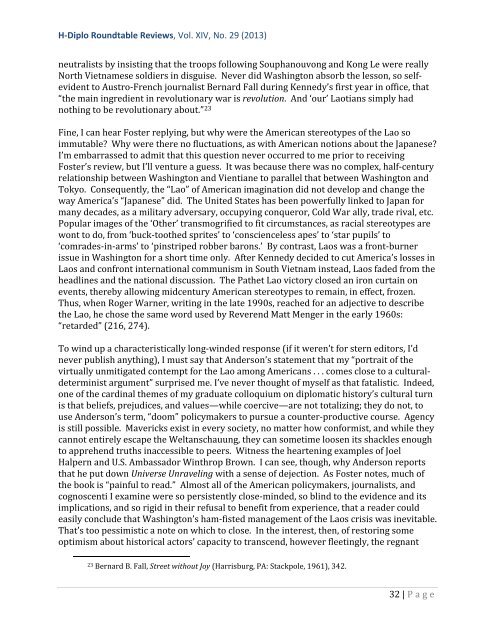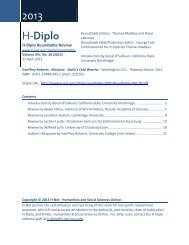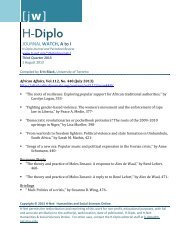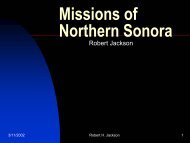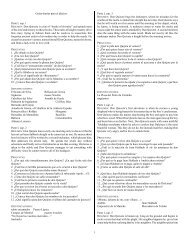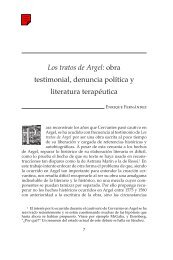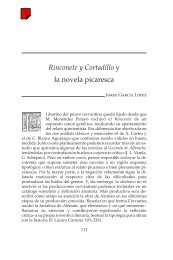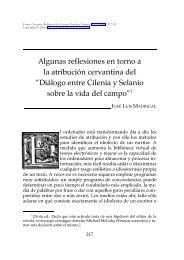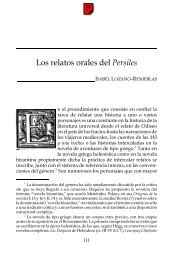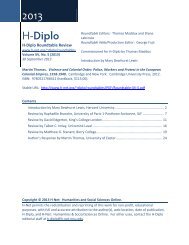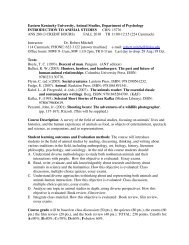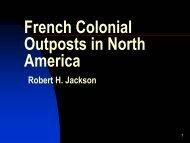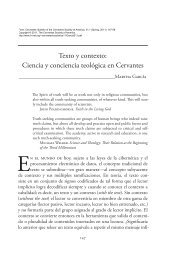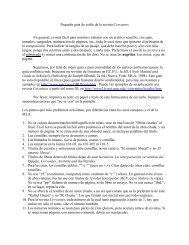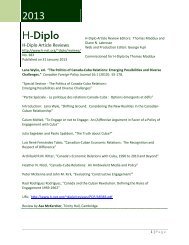H-Diplo Roundtables, Vol. XIV, No. 29 (2013) - H-Net
H-Diplo Roundtables, Vol. XIV, No. 29 (2013) - H-Net
H-Diplo Roundtables, Vol. XIV, No. 29 (2013) - H-Net
You also want an ePaper? Increase the reach of your titles
YUMPU automatically turns print PDFs into web optimized ePapers that Google loves.
H-<strong>Diplo</strong> Roundtable Reviews, <strong>Vol</strong>. <strong>XIV</strong>, <strong>No</strong>. <strong>29</strong> (<strong>2013</strong>)<br />
neutralists by insisting that the troops following Souphanouvong and Kong Le were really<br />
<strong>No</strong>rth Vietnamese soldiers in disguise. Never did Washington absorb the lesson, so selfevident<br />
to Austro-French journalist Bernard Fall during Kennedy’s first year in office, that<br />
“the main ingredient in revolutionary war is revolution. And ‘our’ Laotians simply had<br />
nothing to be revolutionary about.” 23<br />
Fine, I can hear Foster replying, but why were the American stereotypes of the Lao so<br />
immutable? Why were there no fluctuations, as with American notions about the Japanese?<br />
I’m embarrassed to admit that this question never occurred to me prior to receiving<br />
Foster’s review, but I’ll venture a guess. It was because there was no complex, half-century<br />
relationship between Washington and Vientiane to parallel that between Washington and<br />
Tokyo. Consequently, the “Lao” of American imagination did not develop and change the<br />
way America’s “Japanese” did. The United States has been powerfully linked to Japan for<br />
many decades, as a military adversary, occupying conqueror, Cold War ally, trade rival, etc.<br />
Popular images of the ‘Other’ transmogrified to fit circumstances, as racial stereotypes are<br />
wont to do, from ‘buck-toothed sprites’ to ‘conscienceless apes’ to ‘star pupils’ to<br />
‘comrades-in-arms’ to ‘pinstriped robber barons.’ By contrast, Laos was a front-burner<br />
issue in Washington for a short time only. After Kennedy decided to cut America’s losses in<br />
Laos and confront international communism in South Vietnam instead, Laos faded from the<br />
headlines and the national discussion. The Pathet Lao victory closed an iron curtain on<br />
events, thereby allowing midcentury American stereotypes to remain, in effect, frozen.<br />
Thus, when Roger Warner, writing in the late 1990s, reached for an adjective to describe<br />
the Lao, he chose the same word used by Reverend Matt Menger in the early 1960s:<br />
“retarded” (216, 274).<br />
To wind up a characteristically long-winded response (if it weren’t for stern editors, I’d<br />
never publish anything), I must say that Anderson’s statement that my “portrait of the<br />
virtually unmitigated contempt for the Lao among Americans . . . comes close to a culturaldeterminist<br />
argument” surprised me. I’ve never thought of myself as that fatalistic. Indeed,<br />
one of the cardinal themes of my graduate colloquium on diplomatic history’s cultural turn<br />
is that beliefs, prejudices, and values—while coercive—are not totalizing; they do not, to<br />
use Anderson’s term, “doom” policymakers to pursue a counter-productive course. Agency<br />
is still possible. Mavericks exist in every society, no matter how conformist, and while they<br />
cannot entirely escape the Weltanschauung, they can sometime loosen its shackles enough<br />
to apprehend truths inaccessible to peers. Witness the heartening examples of Joel<br />
Halpern and U.S. Ambassador Winthrop Brown. I can see, though, why Anderson reports<br />
that he put down Universe Unraveling with a sense of dejection. As Foster notes, much of<br />
the book is “painful to read.” Almost all of the American policymakers, journalists, and<br />
cognoscenti I examine were so persistently close-minded, so blind to the evidence and its<br />
implications, and so rigid in their refusal to benefit from experience, that a reader could<br />
easily conclude that Washington’s ham-fisted management of the Laos crisis was inevitable.<br />
That’s too pessimistic a note on which to close. In the interest, then, of restoring some<br />
optimism about historical actors’ capacity to transcend, however fleetingly, the regnant<br />
23 Bernard B. Fall, Street without Joy (Harrisburg, PA: Stackpole, 1961), 342.<br />
32 | P age


